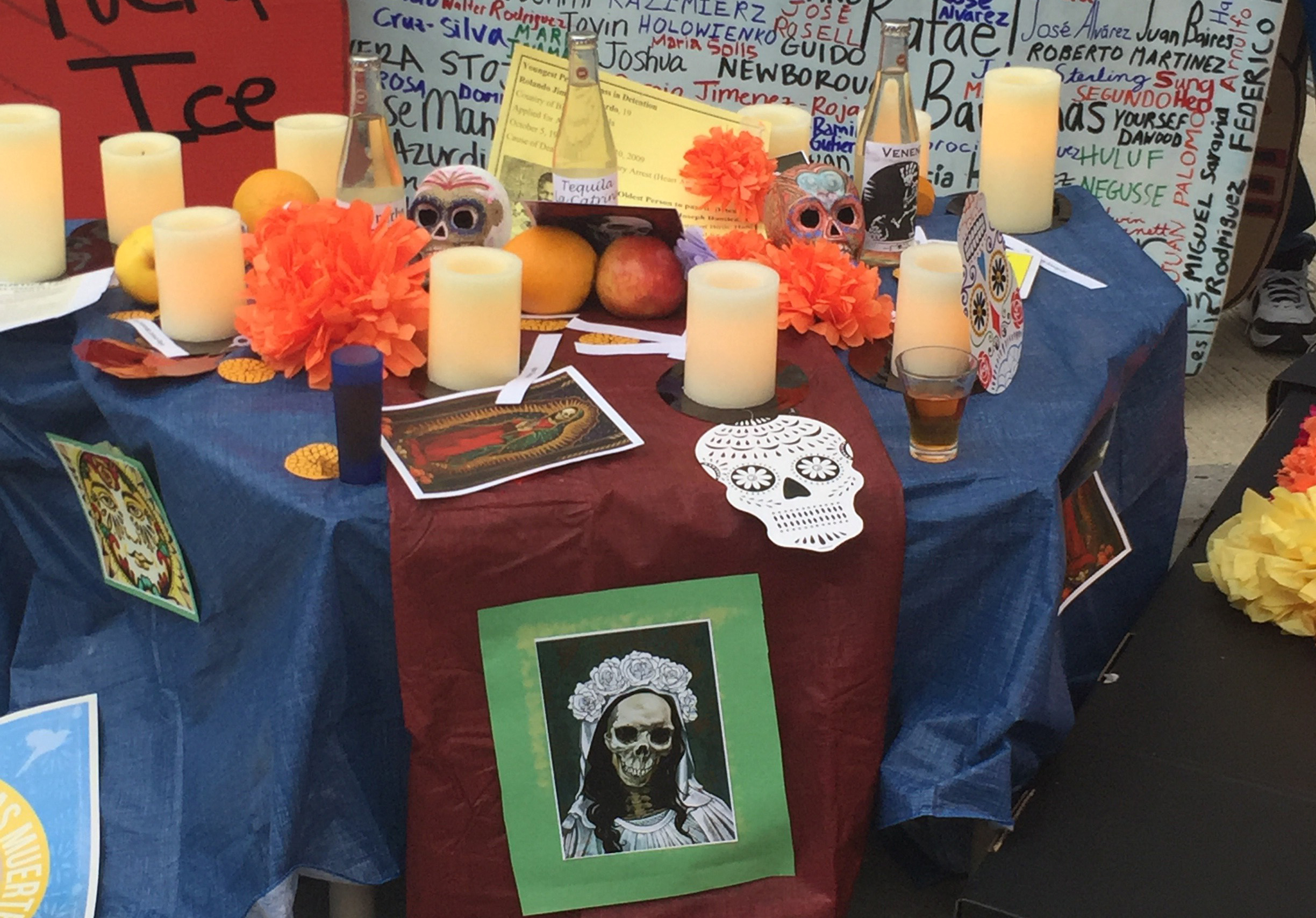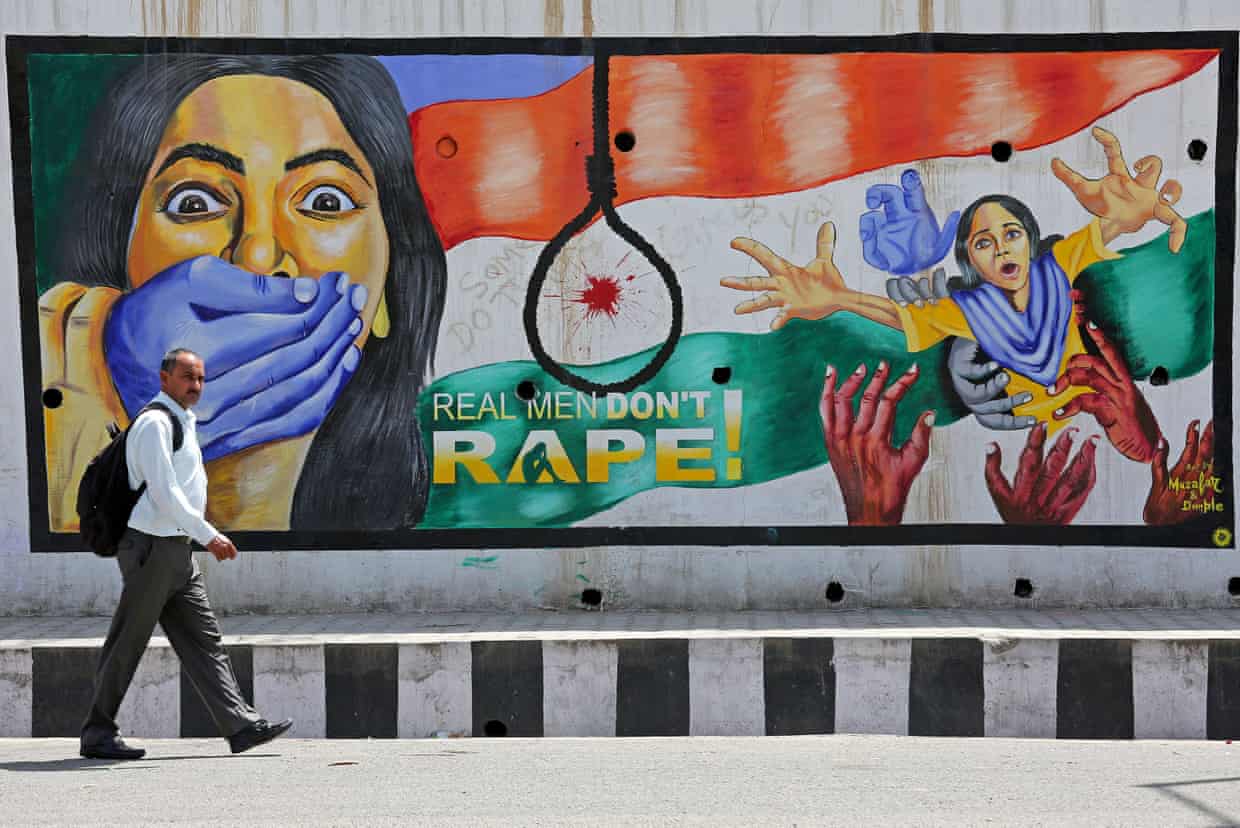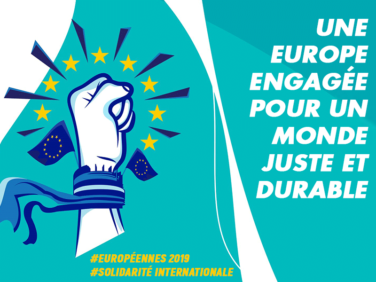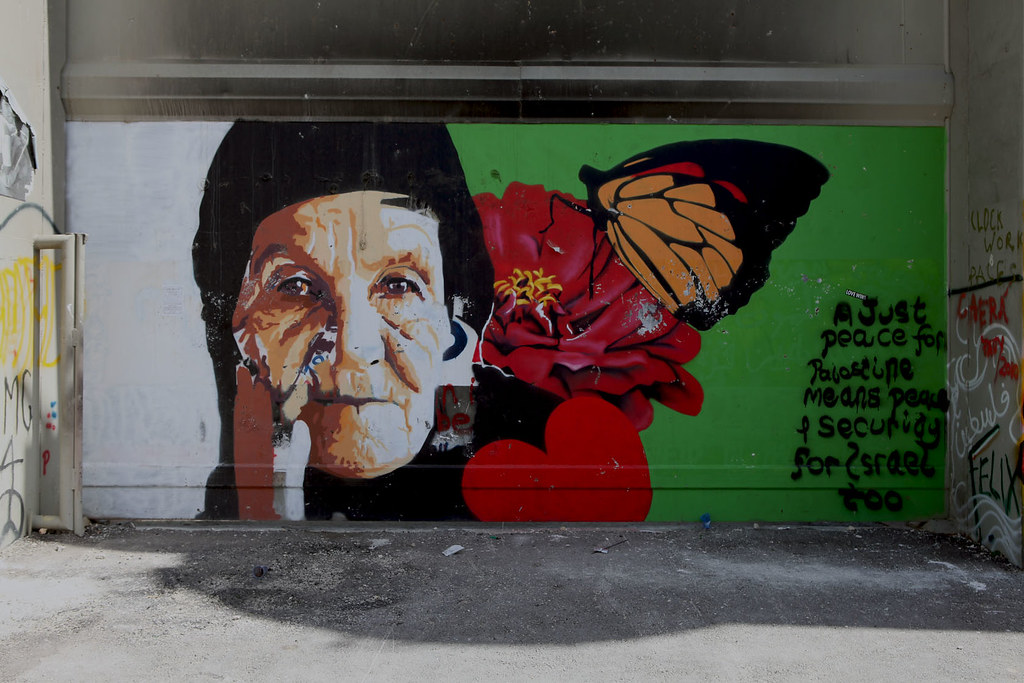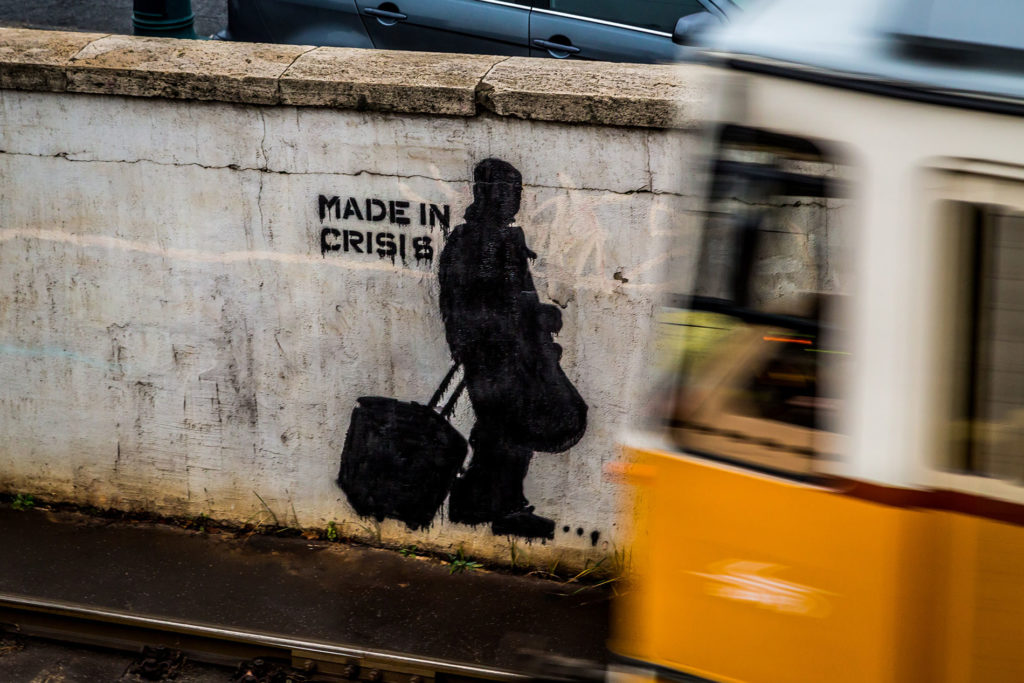
Did we see it coming? In the United States there was a presidential campaign taking place along with social unrest, immigration unrest and wall building. In Europe, countries were passing laws either to exclude people in exile, or people in vulnerable position, with no alternative! Then the novel coronavirus came to life creating Covid 19. We call it now a corona virus crisis. A new crisis in the series of crises that capitalism has been feeding itself from. At the beginning it was a Chinese made virus. But China is the iconic representation of globalization and all a sudden everything was in shambles.
One should make the connection between globalization and the development of neoliberal economic dogma. However, this dogma initiated after WWII as the colonies were engaged in a struggle for independence from the imperial war mongering West, did not always exist. The response to the independence of former colonies was the creation of this new dogma of globalization, based also on the Western yearning for universalism. Toni Morrison reminds us that globalism “understands itself as historically progressive, enhancing, destined, unifying, utopian”. That is how it forms its delusional promise to allow itself to create a dehumanized system of deregulation, globalization and total competition.
In the mid 1980s, Structural Adjustment Programs, SAPs, were imposed on poor countries, sometimes former colonies of the rich countries, often rich in natural resources needed in the rich countries. These SAPs were designed according to the logic of the Washington Consensus (growth at all cost and at the expense of public social services) to justify globalization. The IMF and the World Bank provided loans to poor countries under the aegis of development, but these loans came with conditionalities that required repaying these high interest loans in priority rather than developing social and health services. This complete overhaul of social structures with the development of competition for markets undermined women’s economy and women’s position.
The Ebola virus outbreak in the 2010s shed light on the cruelty of these programs. By the same token, the austerity measures following the same neoliberal economic orthodoxy similarly stoked the elimination of public services in richer countries. The current pandemic, with the risk of infection as a common denominator, has reunited every social class and gender, with some variation according to age; therefore, it has become an international source of anxiety especially that the rich countries have become the epicenter of the epidemics.
The national responses are different, as, for example, when the contamination of the virus is progressing rapidly in the US due social factors such as lack of a public-run health care system, lack of protection for workers under US labor laws, lack of social services, lack of access to medications. Only now is the US government considering paid sick leave for a number of people who are quarantined and whose jobs are on hold. The US hospital system has the fewest number of beds per 100 among the developed world. The US pharmaceutical industry depends on its products and ingredients from companies in India and China. Tests for coronavirus are not widely available to identify people affected by this highly contagious disease. In the US only 11 000 tests were administered in the past few days whereas South Korea uses 20 000 tests every day.
If one wants to measure inequality concerning access to health care, one should look at the prison and immigration detention systems. “From a public health perspective, prisons [are] so dangerous because they’re overcrowded and their systems of care provision, such as they are, have intentionally gone from bad to worse”
This coronavirus pandemic reveals how a government’s callous disregard for human life and the environment relies on its “capacity to decide who may live and who must die.” Only this time the powerful are caught in their own game.
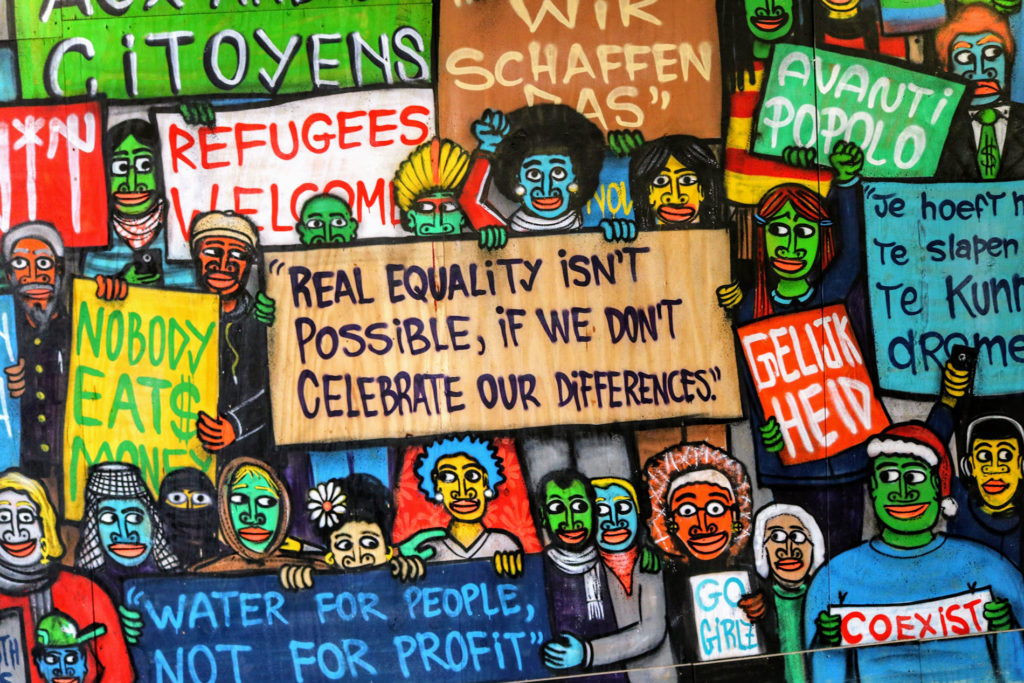
(Photo, image credit: Robert Metz and Matteo Paganelli)

